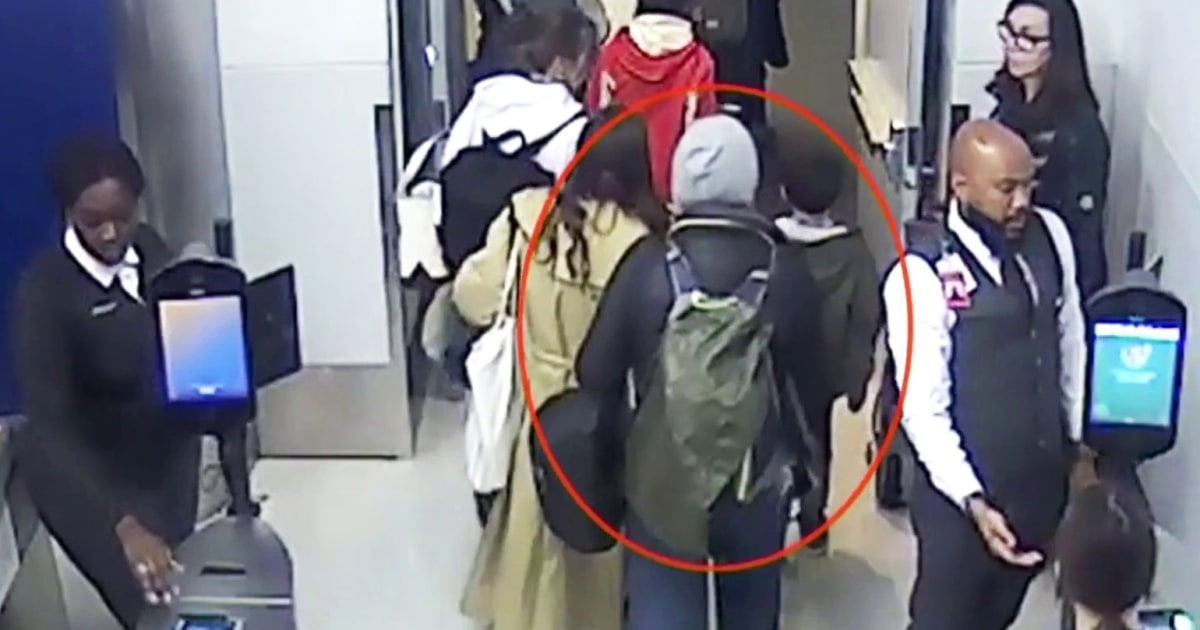NYC Rent Regulation: A Housing Crisis Conundrum
New York City's housing crisis is undeniable, with high prices and a shockingly low 1.4% vacancy rate (down from 4.54% in 2021), according to the latest NYC Housing and Vacancy Survey. Median monthly rent has also skyrocketed from $1,500 to $1,641. Mayor Adams recently announced a Charter Revision Commission to explore solutions, including affordable housing options.

The Rent Regulation Debate
Rent stabilization, affecting 960,000 apartments, is a central issue. While beneficial to some tenants, economists across the political spectrum argue it harms the overall housing market. Studies highlight the "misallocation of housing," where renters stay in oversized apartments due to low prices, leading to shortages for others. Data shows rent-stabilized tenants move far less frequently than market-rate tenants. A significant portion of rent-stabilized tenants are not low-income, with 30% reporting incomes over $100,000 annually.

Negative Impacts of Rent Control
Research reveals potential negative consequences of rent control, including:
- Reduced housing stock and maintenance: Landlords may under-invest in upkeep due to rent restrictions, resulting in lower housing quality.
- Income redistribution: Tenants benefit at the expense of landlords, potentially leading to a reduction in available rental units.
- Vacant units: Owners may let units remain vacant due to insufficient rent increases to cover repair costs, creating a massive loss of affordable units.

A Look at Buenos Aires
Buenos Aires recently deregulated its rental market. The result? A rental market boom, with a reported 170% increase in rental supply and a 40% decline in real rental prices (adjusted for inflation). While not directly comparable, this provides a stark contrast to NYC's situation.

Potential Solutions for NYC
Kenny Burgos, head of the New York Apartment Association, suggests focusing on "vacancy control," allowing rent increases for vacant units to incentivize investment and maintenance. Additional measures could involve reducing property taxes or water rates for regulated units. The city’s reliance on federal funding (around $100 billion) also presents a lever for potential changes. The recent failure to overturn rent regulation through the Supreme Court underlines the legislative challenges in implementing changes.









Comments
Join Our Community
Sign up to share your thoughts, engage with others, and become part of our growing community.
No comments yet
Be the first to share your thoughts and start the conversation!